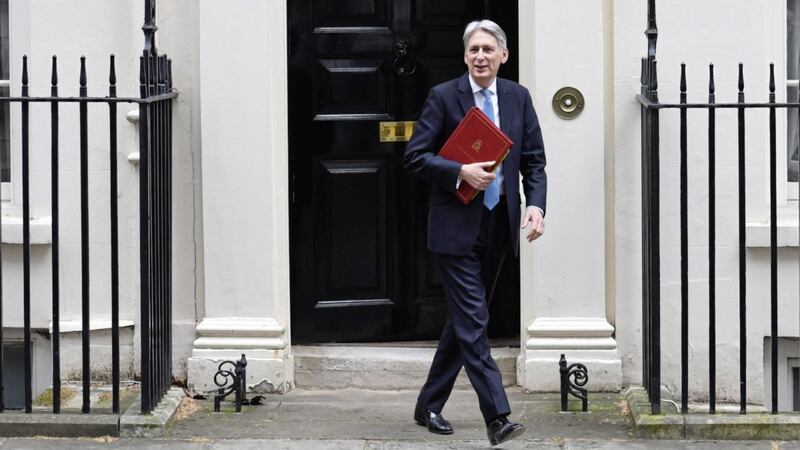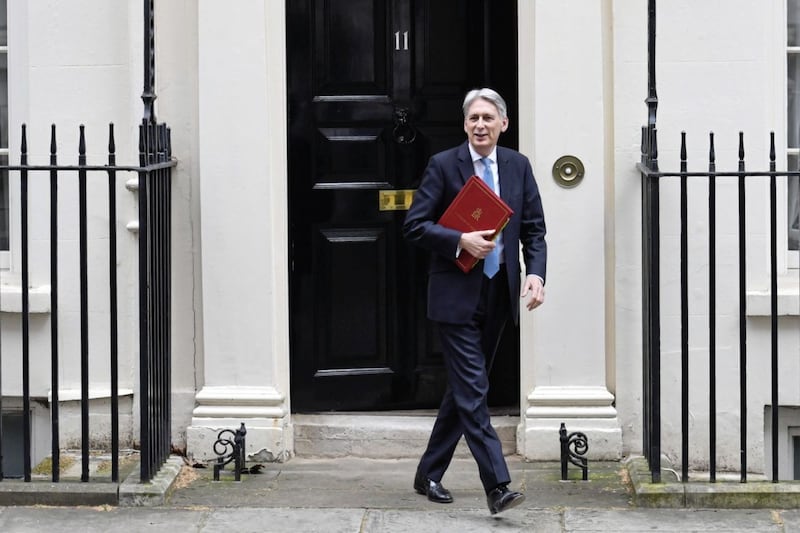AMONGST the Brexit talks in recent weeks, Chancellor Philip Hammond issued his second Spring Statement. Although not as comprehensive as usual, he claimed the UK economy is steadily increasing, wages are on the up and low unemployment figures are a thing of the past. He also promised a range of reviews that have the potential to impact business with regards to insurance; from company insurance to commercial vehicles and fleet policies.
Many have welcomed the announcement from Mr Hammond to review the Insurance Premium Tax (IPT) to ensure it operates “fairly and efficiently”. The charge on general insurance premiums, including business, has had a huge impact in previous years as the Chancellor had increased it three times from 6 per cent to 12 per cent. Towards the end of the last year, the Association of British Insurers urged the Chancellor not to “further penalise responsible insurance customers.”
Unlike VAT, the IPT heavily hits some of Northern Ireland’s most successful industries that are insurance dependent, particular those in construction and export. Therefore, it is recommended that the government should carefully consider the impact of further IPT hikes, as it is effectively a tax on productivity.
There remains a lack of clarity in the Spring Statement on the rates to be used from April 2020 for cars based on CO2 emissions data, which unfortunately, does not help businesses in budgeting or forward-planning around fleet company cars. Anyone ordering a new car still has limited knowledge of what level of tax will need paid from next year.
Car taxes also have the potential to increase the cost of driving, therefore businesses and company car drivers should be conscious of this, as well as the possible knock-on effect it could have for fleet or company car insurance. The Spring Statement claims that we should have clarity on the impact of the Worldwide harmonised Light vehicle Test Procedure (WLTP) on Vehicle Excise Duty and company car tax “in the coming months” - clarity we believe is critical for businesses, insurers and individuals alike.
The written ministerial statement also referenced a review of transport technology, including the development of autonomous vehicles and electric cars. There is no doubt that this is the future of cars. Research suggests that autonomous vehicles are less likely to be in an accident, with Google’s self-driving car completing over 700,000 miles in 2014 without an incident. Although doubt was cast over the safety of the autonomous technology when a fatal accident occurred in May 2016 in the US. We welcome the government’s commitment to ensuring this technology is carefully reviewed and progressed, potentially driving down injuries and fatality rates.
There is speculation that this will help lower insurance premiums, however this will have to be carefully considered across the insurance industry, and deliberations shared with the government. Given the cost of one of the vehicles and the price of repairs and replacements, there is the potential for driverless cars to drive insurance premiums to a higher level. While admittedly, it is at its very early stages, at this point the questions and concerns must be raised to ensure insurance is properly addressed during the development of such technologies.
Evaluating the impact of the Spring Statement for your business can be confusing, but with many decisions still to be reviewed and implemented, there is no immediate cause for concern, with regards to insurance. If in doubt, speak to your provider to protect your business in all instances.
:: Andy Craig is the commercial account executive at Autoline Insurance




